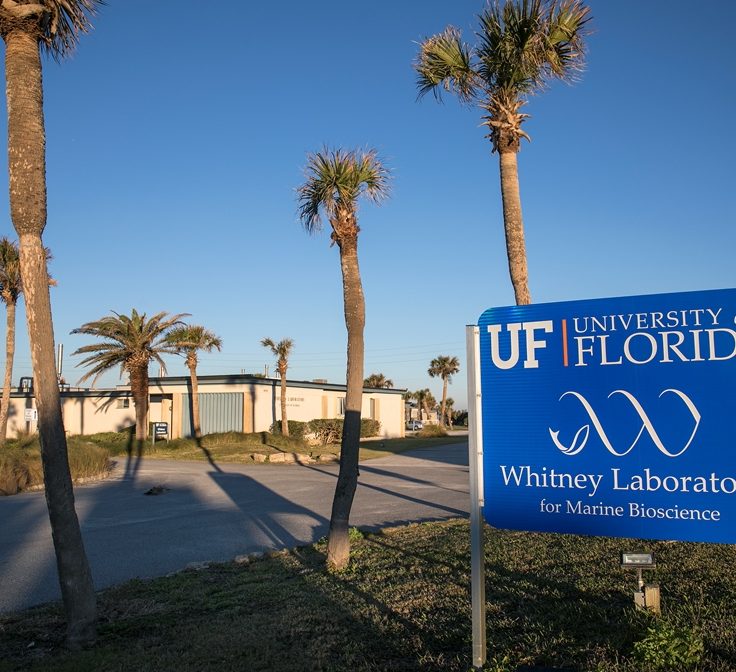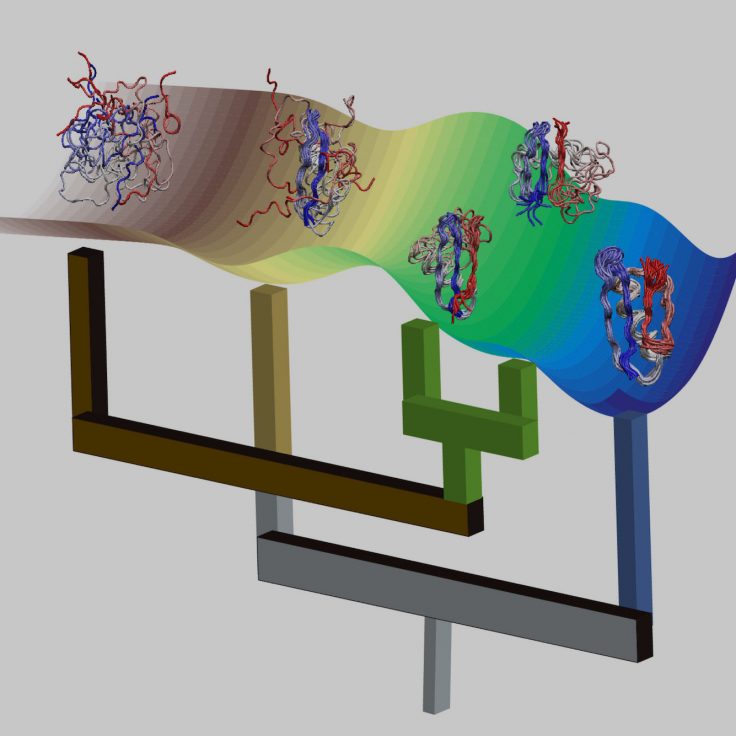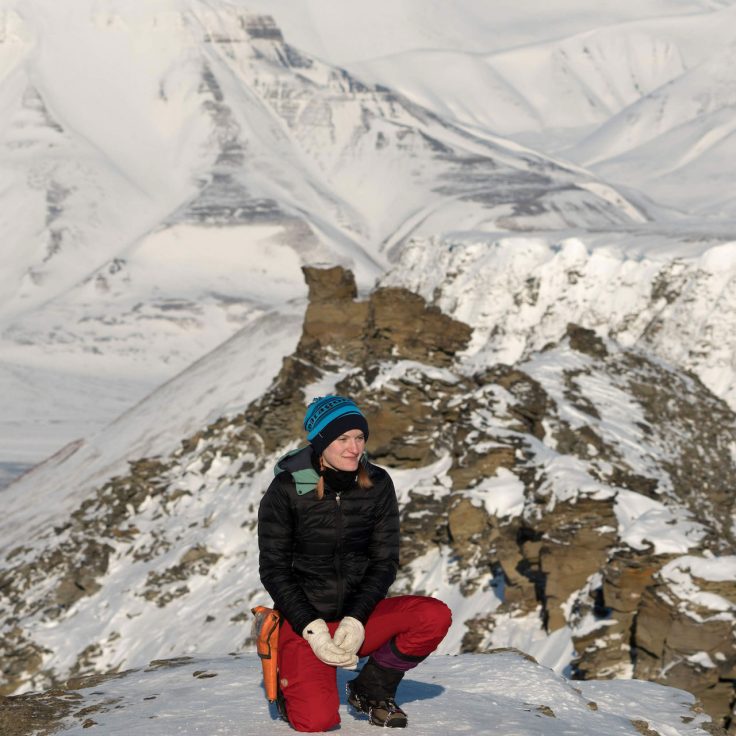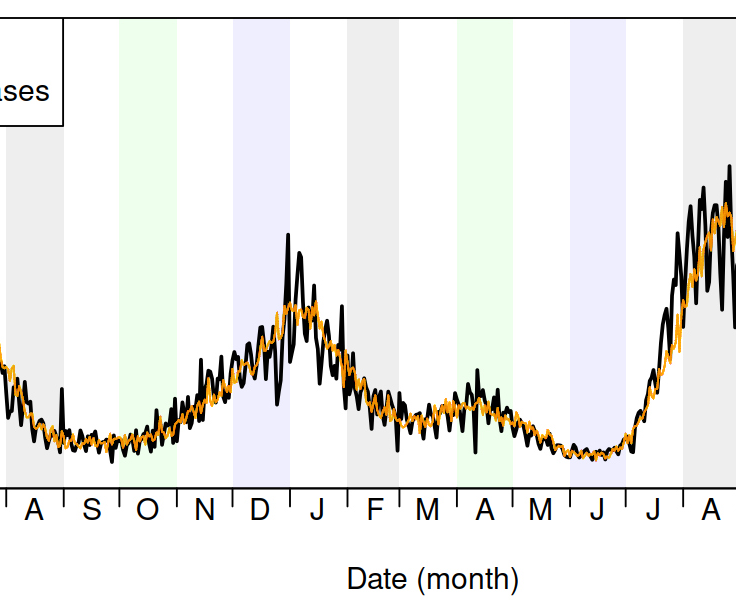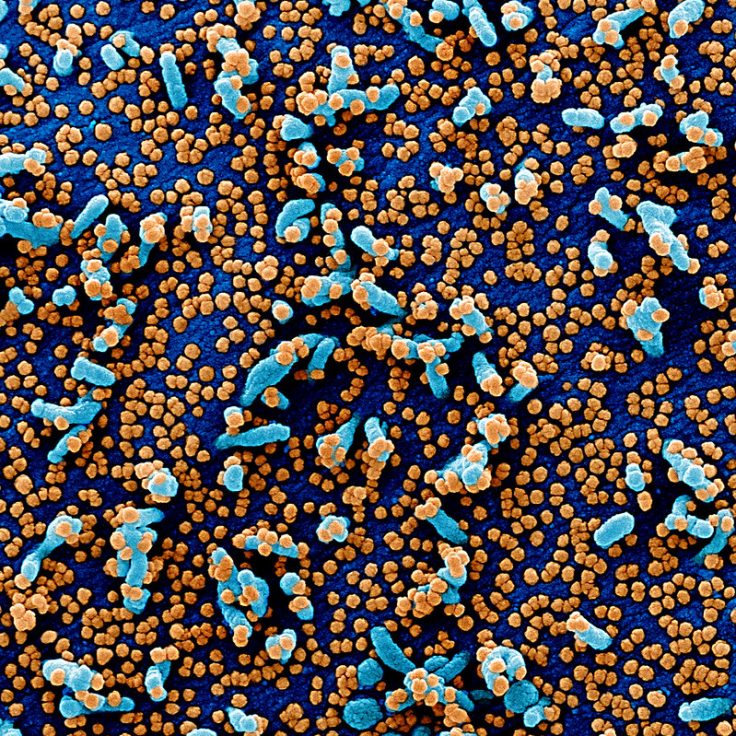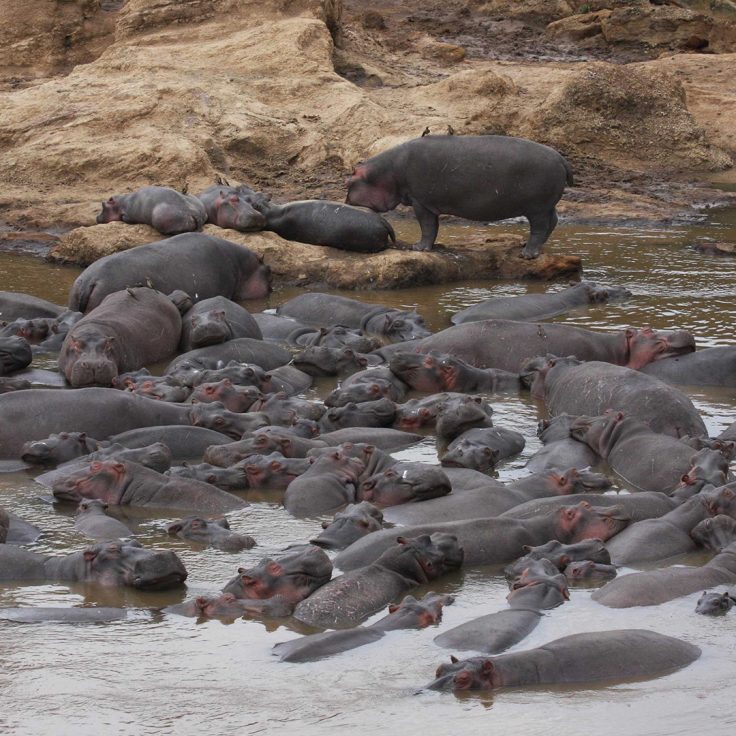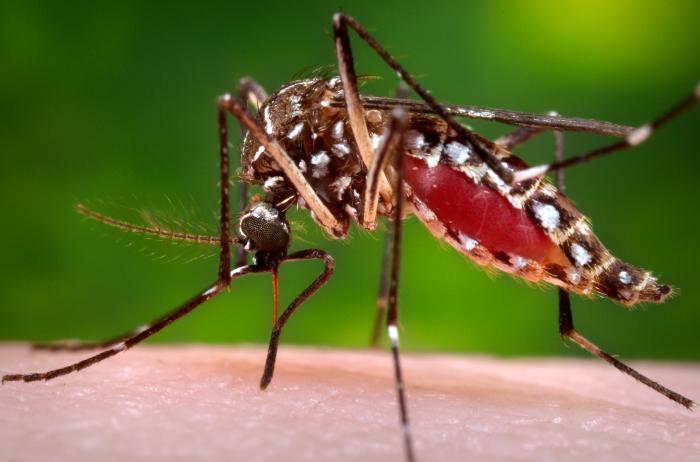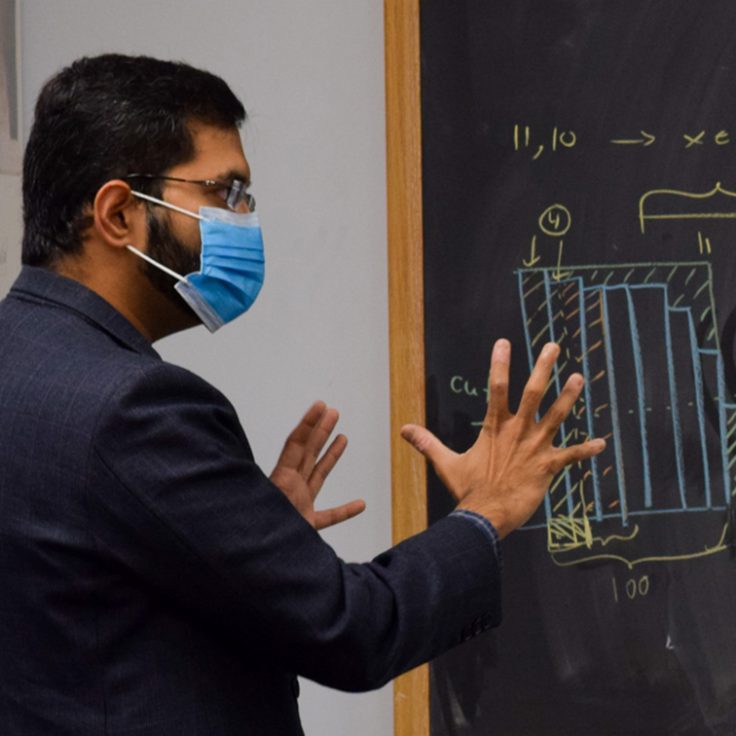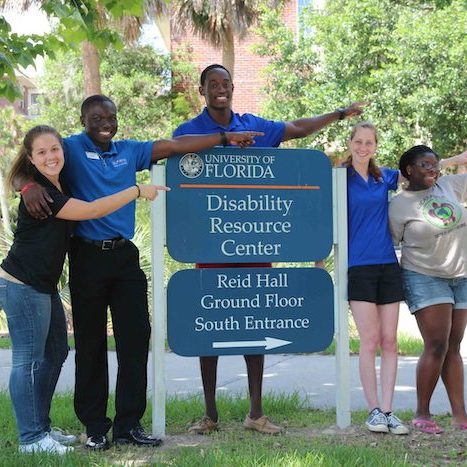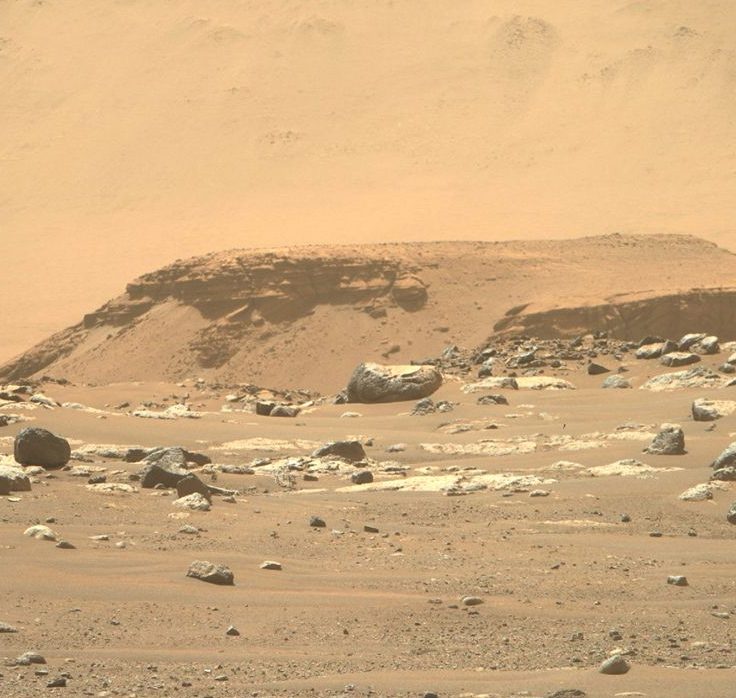Research News
Researchers evaluate how to improve dignity for seriously ill patients
Susan Bluck of the Department of Psychology is studying how telling one's life story can help those confronting serious illness.
The New Big Dig: UF Researchers Help Government Engineers Cooperate with Nature
Peter N. Adams of the Department of Geological Sciences is part of a team using natural features to benefit ecosystems.
UF scientists study translucent sea creatures to understand early brains
A $1.5 million grant will allow biology researchers at the Whitney Lab to better understand the brains and nervous systems of animals and humans by studying gelatinous ocean comb jellies.
Using AI, UF Chemists Chart Molecules’ Most Important Shapes
New algorithms reveal which molecular states matter most for disease progression and drug design.
Study Finds Community Policing Falls Short in the Global South
Sociologist Rebecca Hanson, alongside a research team spanning the Global South, finds that community policing strategies don't deliver the anticipated results.
Studying glaciers . . . from Florida
Mickey MacKie, professor in the Department of Geological Sciences, is using machine learning to better understand the movement and melting of glaciers.
Study Finds Community Policing Falls Short in the Global South
Sociologist Rebecca Hanson, alongside a research team spanning the Global South, finds that community policing strategies don't deliver the anticipated results.
Why we love Wordle, according to science
Matt Baldwin of the Department of Psychology explains why we're so obsessed with the word game.
UF Researchers Project Omicron Wave in Florida
Researchers in the Department of Biology and their collaborators look ahead to the omicron variant's spread in Florida.
New Study Asks Which Smartphone Treatments Best Help Smokers Quit
Psychology professor Jesse Dallery aims to identify the best smartphone applications for smoking cessation.
Predicting Zoonotic Pandemics
Professor Sadie Ryan collaborated on research examining tools that try to anticipate which wildlife pathogens might affect people.
Prof. Xiao-Xiao Zhang Receives National Science Foundation CAREER Award
Xiao-Xiao Zhang, assistant professor in the UF Department of Physics, was awarded the prestigious NSF grant to further her research.
Hippos’ Constant Defecating Turns African Pools into Communal Guts
Researchers propose the concept of a "meta-gut" to demonstrate the ability of animal intestinal bacteria to alter their environments.
Invasive Ants Can Threaten Ecosystems by Damaging Plants at the Roots
Biology alumnus Pat Milligan sounds the alarm on invasive ants' ability to harm plant life.
Dengue’s Dance: Host Immunity Drives Viral Evolution
New research published in Science shows that as people gain immunity to dengue, it drives evolutionary pressures that select for viral evolution — and newly susceptible hosts.
The Bigger Picture
Values instilled during his liberal arts and sciences education prepare alumnus Leonard Spearman for lifelong leadership.
Biophysicist Develops AI Methods to Understand How Cells ‘Talk’
Assistant Professor of Physics Purushottam Dixit taps into the power of artificial intelligence to study cellular communication — hoping to improve treatments for life-threatening diseases.
Calls for Disability Rights Shape More Accessible Future at UF
Steven Noll, history master lecturer, shares his insights about accessibility and UF's Disability Resource Center.
Can Bacteria-Infected Mosquitos Suppress Dengue Virus?
Derek Cummings, professor of biology, studies whether mosquitos intentionally infected with a bacteria could help break the transmission cycle of certain viral diseases.
Mars rover images help UF scientist, NASA team narrow the search for ancient life
As a member of the team behind NASA's Perseverance rover, geology professor Amy Williams searches for signs of long-gone life on the red planet.


